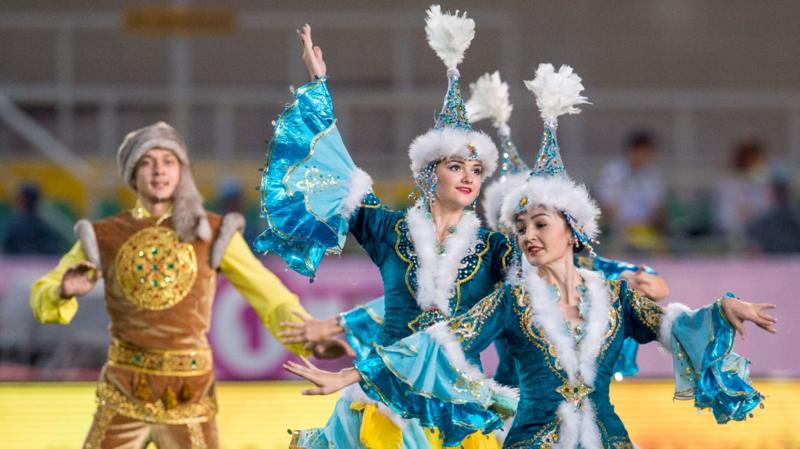Jet-Setting Lessons: What Celtic Can Learn From Aberdeen's Kazakhstan Adventure




Celtic's journey in looking to secure their spot in the UEFA Champions League this season presents a considerable logistical challenge, as they are set to embark on a mammoth 7000-mile round trip to face Kairat Almaty in Kazakhstan. This match isn't just another fixture in the calendar—it's a test of endurance and preparation both on and off the pitch.
Kairat Almaty, one of the prominent teams in Kazakhstan, are not to be underestimated. Their recent performances in domestic leagues and their ambition on the continental level signify a burgeoning football culture that could pose significant hurdles for Celtic. Meanwhile, Brendan Rodgers' men will need to be on their top game, physically and mentally, to overcome both their opponents and the exhaustive travel.
Traveling such a massive distance for a football match is fraught with challenges. Jet lag, for instance, is a real concern. The time difference between Glasgow and Almaty is a whopping six hours, which can disrupt sleep patterns and, consequently, players' performance levels. The management will have to devise a strategic plan involving sleep specialists and maybe even altering the team's body clocks in days leading up to the game to mitigate these effects.
Furthermore, the dietary concerns, adapting to local cuisine while maintaining optimum nutrition can be tricky. Ensuring the players' diet is rich in proteins and carbohydrates, and mimics their home diet as closely as possible, will be crucial. Celtic's nutrition team will likely pack staple foods from home and liaise with local hotels to ensure the meals meet their standards.
On a tactical level, playing away in environments like Central Asia, where the climate is significantly different from Scotland, will test Rodgers’ tactical acumen and his ability to prepare his squad for varying conditions. Almaty can be particularly warm in the summer months, with temperatures significantly higher than what Celtic players might be accustomed to.
Fitness management is another vital area. Not only will the team have to be at peak physical conditioning to cope with potential fatigue from the long journey, but they will also need to avoid injuries that could be precipitated by long-haul travel, such as muscle stiffness and deep vein thrombosis (DVT), which athletes are susceptible to due to extended periods of immobility.
The fans, too, face their own challenges, as following their team to Kazakhstan isn't as straightforward as a trip within Europe. The dedication of traveling Celtic supporters will be tested, dealing with visa applications, expensive flights, and a significantly different culture. However, the passion of football fans knows no bounds, and they often go to great lengths to support their teams.
For Almaty, hosting a household European name like Celtic is a big deal. It highlights the growing allure and competitiveness of football in less traditional regions of the continent and offers them a stage to showcase their footballing credentials. It is an opportunity for local fans to witness high-level football, which would undoubtedly help in nurturing a football culture and potentially inspiring the next generation of Kazakh football enthusiasts.
In sum, while daunting, this crucial UEFA Champions League qualifier against Kairat Almaty will be a test of resilience, planning, and adaptability for Celtic. If they manage to navigate the complexities of such a trip successfully, it could prove to be a significant achievement in their European campaign, demonstrating not just their skill on the pitch but also their professionalism and dedication off it.